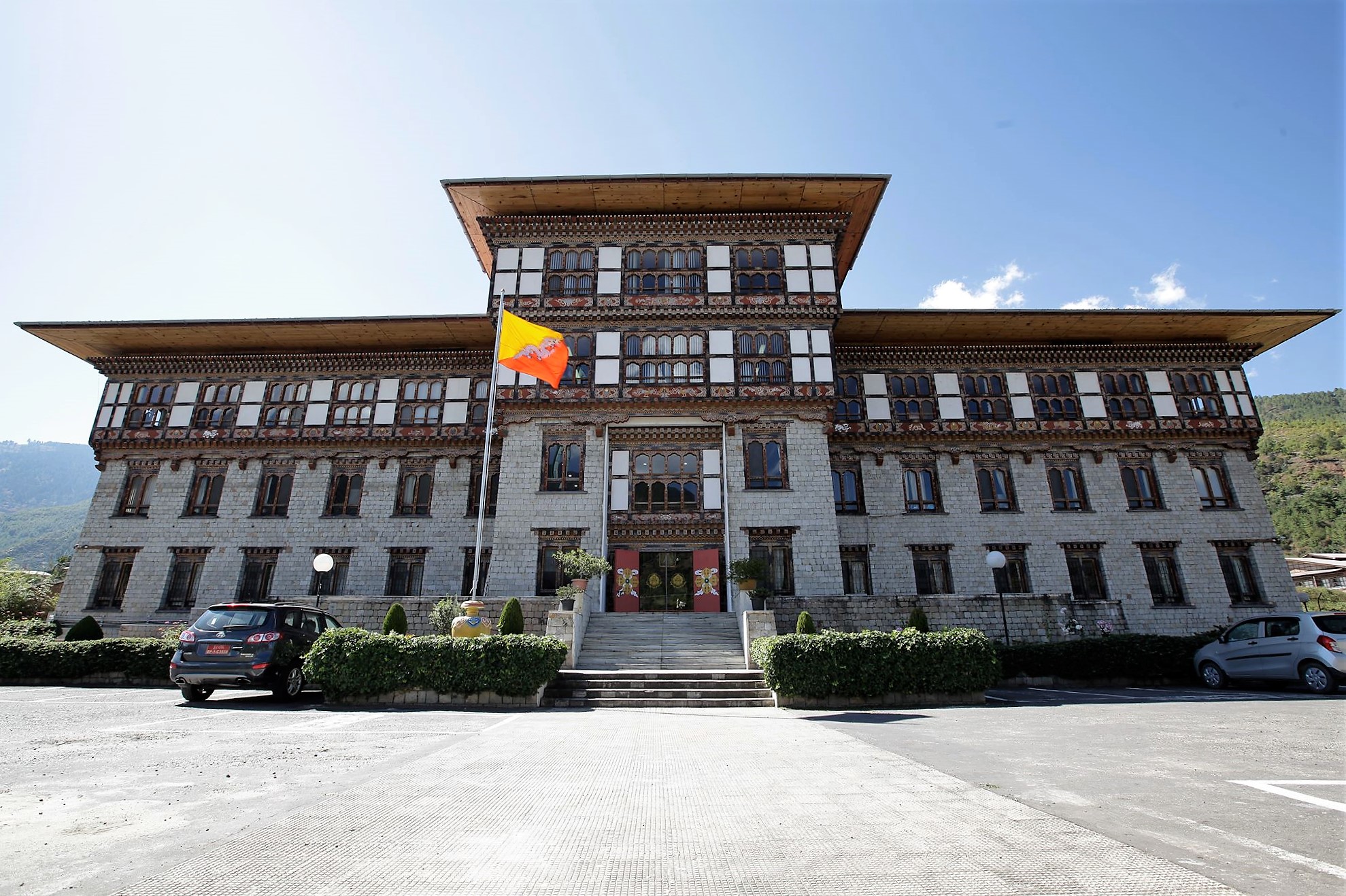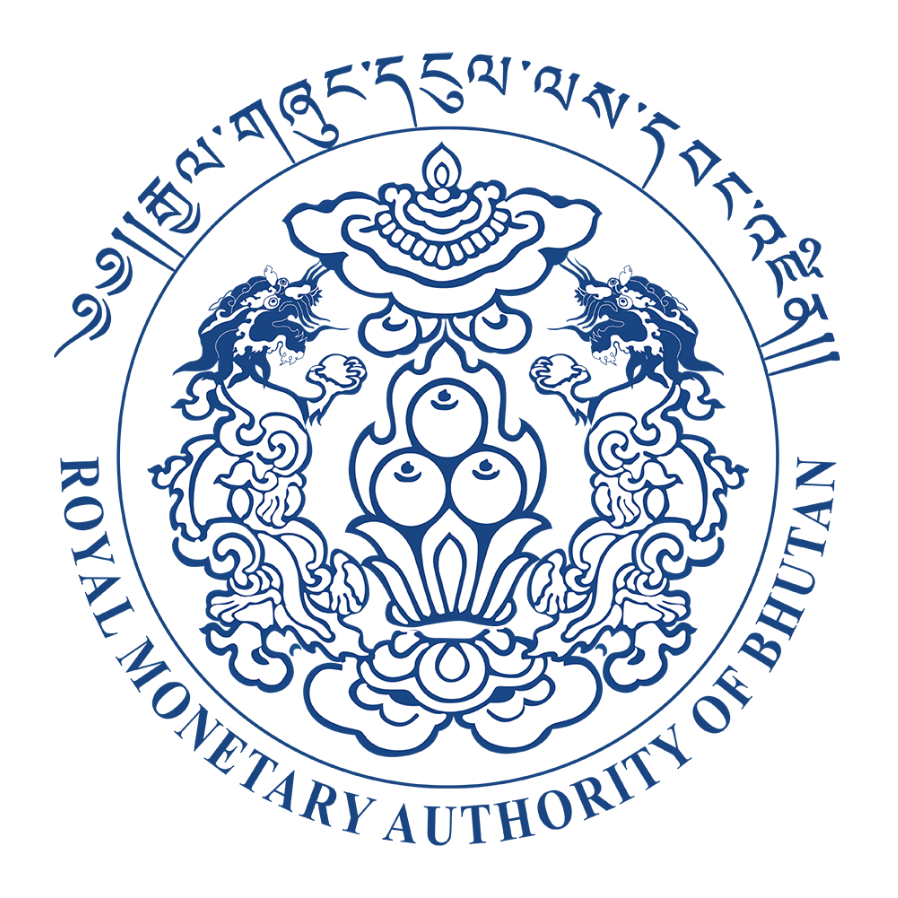
Brief history of RMA
The Royal Monetary Authority (RMA) of Bhutan was established in 1982 with the enactment of the RMA Act 1982 by the 56th session of the National Assembly. The RMA commenced operations from 1st April 1983 by taking over the issue of the national currency, the management of the external reserves and foreign exchange operations. In 1988, the Authority assumed the role of Government banker, holding bulk of government deposits and providing finance through ways and means advance to the Government. With the passage of the Financial Institution Act of Bhutan1992, the RMA Act (1982) was amended to include licensure, regulation and supervision of financial institutions of Bhutan.
After Bhutan made the transition to a Democratic Constitutional Monarchy in 2008, the RMA Act 2010 passed by the Parliament in June 2010 replaced the RMA Act (1982). With the enactment of the RMA Act (2010), the status of the RMA has been elevated to that of an autonomous Central Bank with greater powers in terms of its mode of functioning and decision-making process.
Key Milestones
1982
Establishment of RMA
RMA was established in 1982 with the enactment of the RMA Act 1982 t by the 56th session of the National Assembly.
1988
RMA assumes the role of Government Banker
In 1988, the Authority assumed the role of Government banker, holding bulk of government deposits and providing finance through ways and means.
1992
RMA gets the role of licensure, regulation and supervision of financial institutions
With the passage of the Financial Institution Act of Bhutan 1992, the RMA Act (1982) was amended to include licensure, regulation and supervision of financial institutions of Bhutan.
2010
RMA becomes fully autonomous Central Bank
RMA was granted full autonomy and powers as a central bank with the enactment of Royal Monetary Authority Act of Bhutan 2010.
Our Core Functions
The Royal Monetary Authority of Bhutan (RMA) is the central bank of Bhutan. The financial sector is the backbone of the economy and the RMA is committed provide the stewardship to the Bhutanese financial institutions in supporting Bhutan’s 21st century aspiration of becoming a dynamic, prosperous, inclusive and sustainable economy.
In pursuance of its objectives, the functions of the Royal Monetary Authority are to:
- Issue of currency;
- Act as banker, adviser and financial agent to the Royal Government;
- Make regulations covering any payment and settlement system or a component thereof including electronic transfer of funds;
- Act as banker to the banks;
- Manage gold, foreign exchange and other international reserves of Bhutan;
- Make foreign exchange regulations;
- Issue licenses to financial institutions to carry on financial services; and
- Make regulations for the better carrying-out of the purposes and provisions of this Act, and any other Act administered by the Authority.
